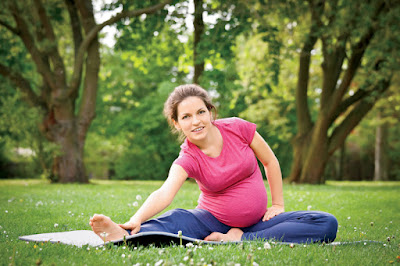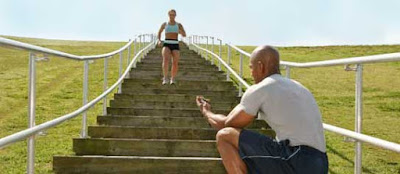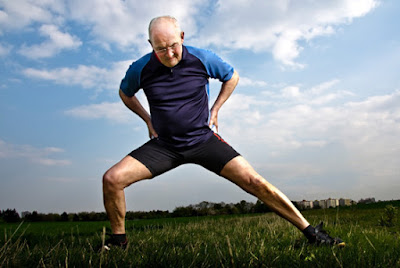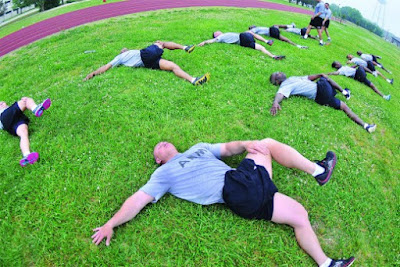Stress can be costly, taking a toll on our physical and
mental health as well as our finances.
Constant arousal and increased levels of adrenaline in your
system will eventually wear down your body’s immunological system. As this occurs, you will be less able to cope
with stress, and so it takes less and less to cause a stress reaction. When you are chronically stressed, it takes
very little to frustrate you and you feel easily irritated and stressed at the
littlest thing. Your body is both
psychologically as well as physically less able to cope with stress. This can cause your immune system to become
compromised, and you may become ill more easily. It may also take longer for you to recover
from illness. There are variety of
medical problems that have been associated with stress, such as cardiovascular
problems, gastrointestinal problems, sleep disorders, sexual dysfunction,
infertility, and allergies.
While too much stress can have a negative impact and cause
some serious health problems, a moderate level of stress is positive and
beneficial. Stress can be very
motivating and energizing. Without some
stress, many of us may not get much accomplished in our day or even get out of
bed! Too little and too much stress is
not helpful. When you are not stressed
at all, you can be apathetic and lethargic.
When you are too stressed, you are paralyzed with fear, like deer in the
headlights. This is referred to as the
Yerkes-Dodson Law that shows a bell shaped curve demonstrating that there is an
optimal level of stress for peak performance.
This holds true for any type of performance from academic or work
activities to music or athletics.
Recognizing your appropriate level of stress for your ideal performance
level is important in reaching your potential.


























